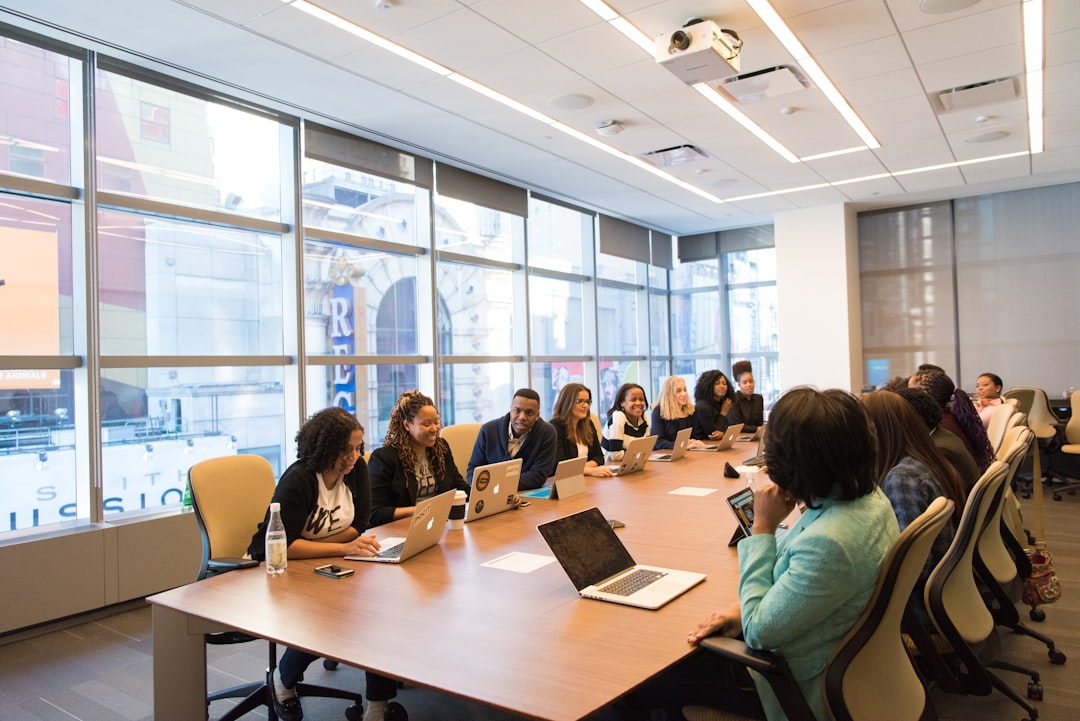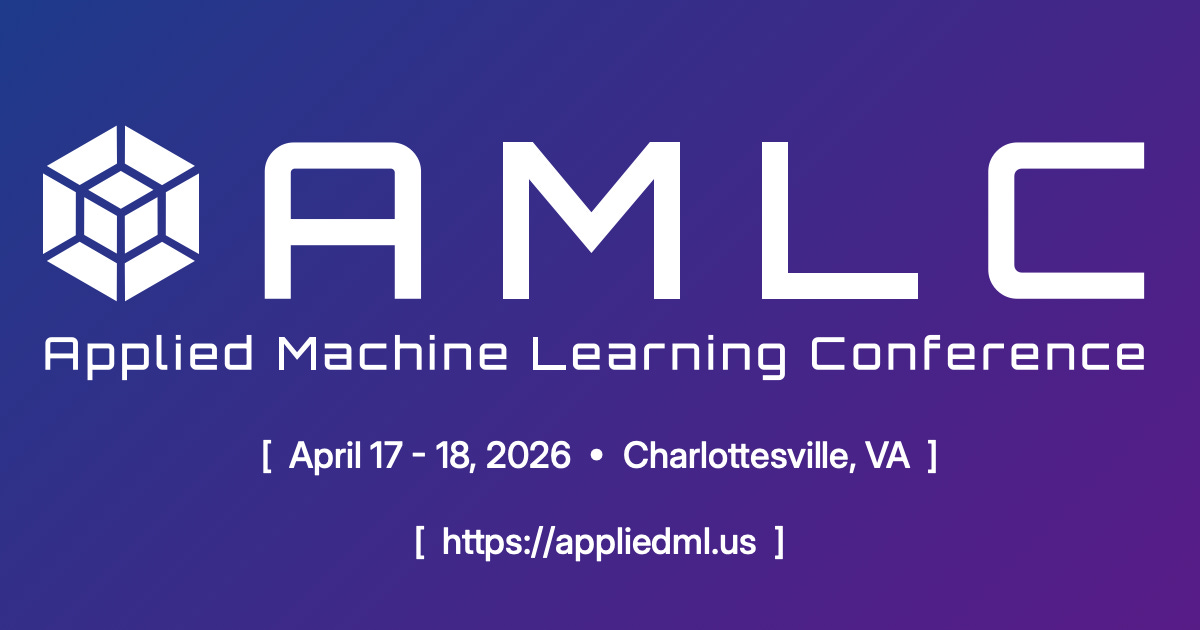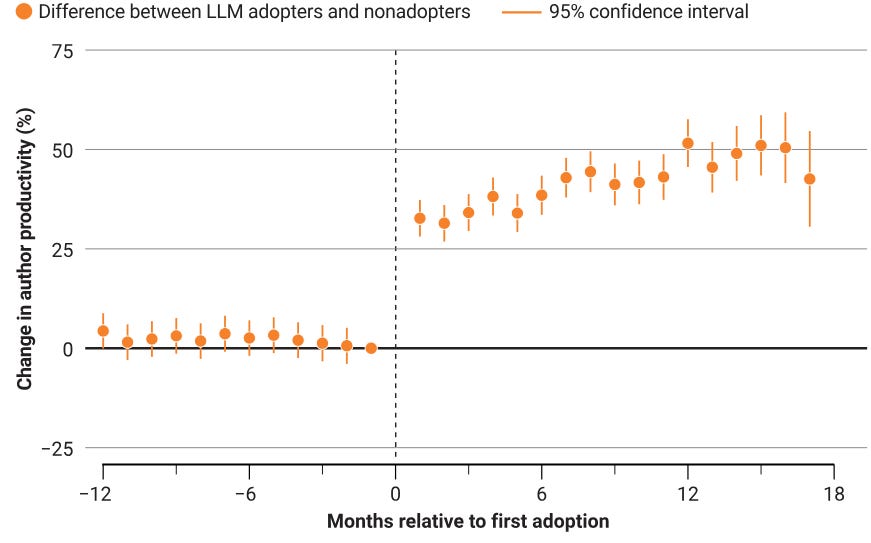
When governance moves slower than system behavior, even well‑intentioned designs become dangerous

When governance moves slower than system behavior, even well‑intentioned designs become dangerous

If you ever wondered what the academic equivalent of “the common child’s nightmare of going to school while in your pyjamas” is, chances are most researchers under 40 years old will respond the same: This is a particular moment many of us recognise instantly, because when a question that you cannot answer arises during an important meeting, your mind automatically switches to panic mode.
Maintaining an open source package is rewarding work, but it’s also a lot of work.Life and careers change, interests shift, and sometimes you simply don’t have the time or energy to keep working on your R package (and that’s okay! 1 ).When that happens, one of the most responsible things you can do for package users, and for yourself, is to proactively look for a new maintainer or
Mantener un paquete de código abierto es un trabajo gratificante, pero también es mucho trabajo.La vida y las carreras cambian, los intereses cambian, y a veces simplemente no tienes tiempo o energía para seguir trabajando en tu paquete R (¡y no pasa nada!). 1 ).Cuando eso ocurra, una de las cosas más responsables que puedes hacer por las personas que usuan tu paquete, y por ti mismo, es buscar
Mendoza y los ritos interrumpidos (Argentina, fines del siglo XIX y principios del XX) por Rosana Aguerregaray Castiglione En tiempos normales, los mendocinos despedían a sus muertos conforme a las tradiciones arraigadas al “buen morir”. Esto implicaba dejar en orden lo espiritual y lo material: escribían su testamento, elegían la mortaja —religiosa o civil— y […]

Whether this is your first conference talk or your fiftieth, we’re looking for speakers from a variety of backgrounds and experience levels

Why learner support is the heart of an effective program If you are designing an online or blended program for busy professionals, the single most powerful lever you control is how you support learners.

I saw a fun video on YouTube recently in which some runners attempted to do two parkruns in one day. I don’t mean run the same parkrun course twice, I mean they ran one parkrun at one course and then drove to a different course and ran that one too.

With the production process rapidly evolving, science policy must consider how institutions could evolve

This month, two MMWR reports highlighted three human rabies deaths in the United States.